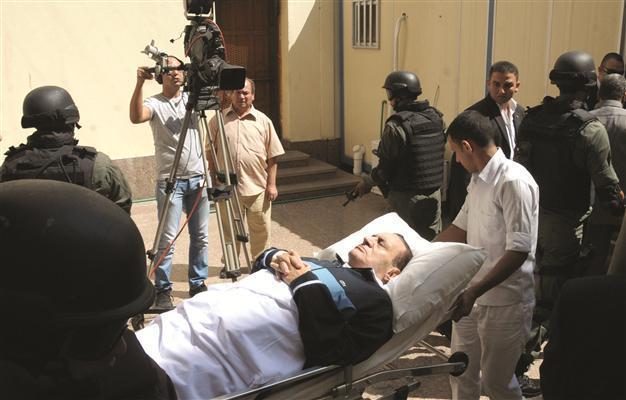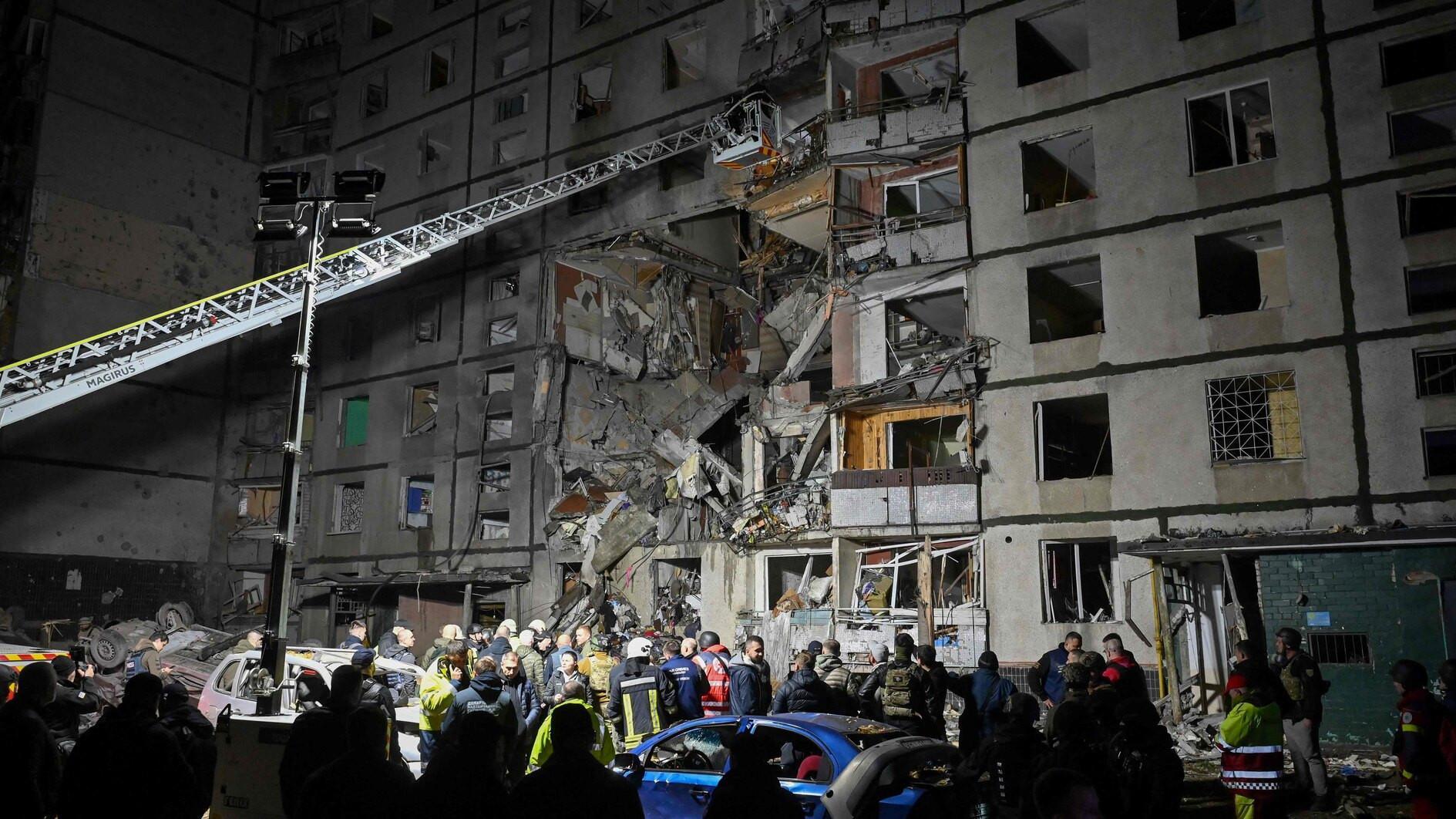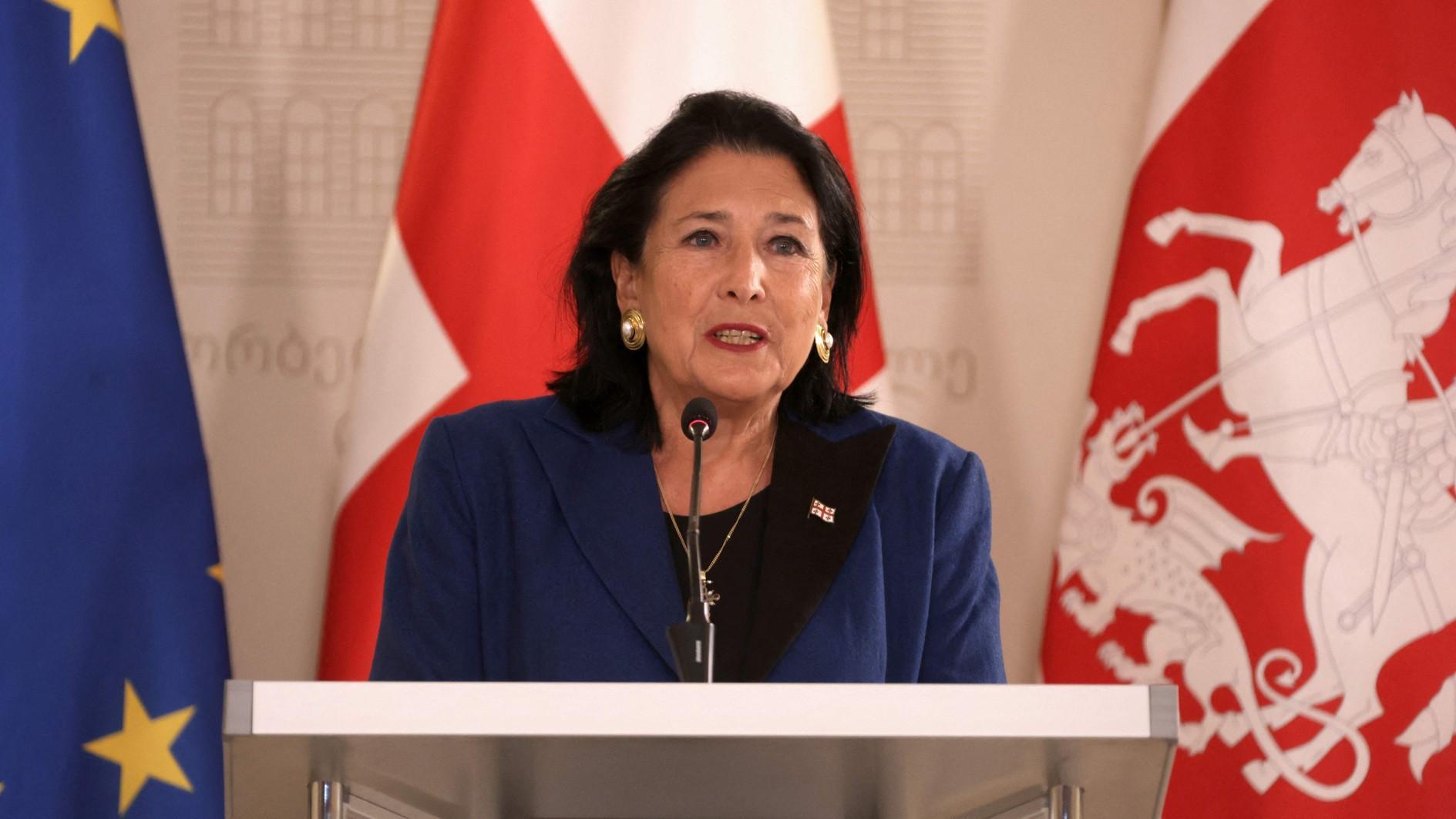Mubarak’s fate to split Egypt
CAIRO

FILE - In this Wednesday, Sept. 7, 2011 file photo, former Egyptian president Hosni Mubarak lies on a gurney bed while being taken to the courtroom for another session of his trial in Cairo, Egypt.
Egypt will face a new era after the June 2 verdict in deposed leader Hosni Mubarak’s trial, which is likely to further deepen Egypt’s polarization. Political tensions are already simmering in a heated runoff for president that pits the ousted leader’s last prime minister against the Muslim Brotherhood’s candidate.The 84-year-old Mubarak, the first Arab leader to be tried by his own people, faces charges of complicity in the killing of some 900 protesters during last year’s uprising, which forced him from power. If convicted, he could face the death penalty. He also faced separate corruption charges along with his two sons, one-time heir apparent Gamal and wealthy businessman Alaa.
While in progress, the trial has dominated the national conversation and fed tension in an already turbulent transitional period under the tutelage of the ruling generals who took over from him. Many are convinced that the process was just for show to appease protesters who demanded that Mubarak answer for his actions.
The verdict comes just days after electoral officials announced that Mubarak’s last prime minister and one-time protégé Ahmed Shafiq is one of two candidates who made it into a presidential runoff slated for June 16 and 17. Like his mentor, Shafiq is a career air force officer. He and Mohammed Morsi of the Muslim Brotherhood emerged from last week’s first round vote as the top vote-getters in a field of 13 candidates. The verdict will be broadcast live by the state television channel, which will charge foreign media between $7,000 and $10,000 to buy the coverage, official MENA news agency reported.
Possible scenarios
A guilty verdict, some believe, could endear Shafiq to more voters and, in some ways, lend credence to his pledge that he would not recreate the old regime if elected. Shafiq ran on an anti-revolutionary platform, frequently making disparaging comments about the youth groups behind last year’s uprising, but he changed track after his second-place finish, speaking of the “glorious revolution” and saying there could be no turning back of the clock.
Some say an innocent verdict would trigger a horrific reaction and send protesters out on the streets to demand “revolutionary justice” for the former president, seriously undermining Shafiq’s chances of winning the land’s highest office. “The Mubarak legacy continues to impact the country’s politics,” said Negad Borai, a lawyer and rights activist. Whether he is found guilty or not, the Mubarak trial, which began 10 months ago, will further stoke the tension in the country and is likely to be remembered as a defining event in the Arab Spring uprisings that have swept across the Middle East and North Africa.
















